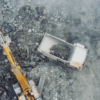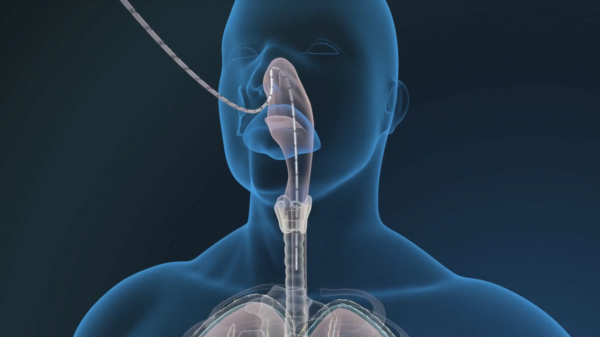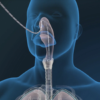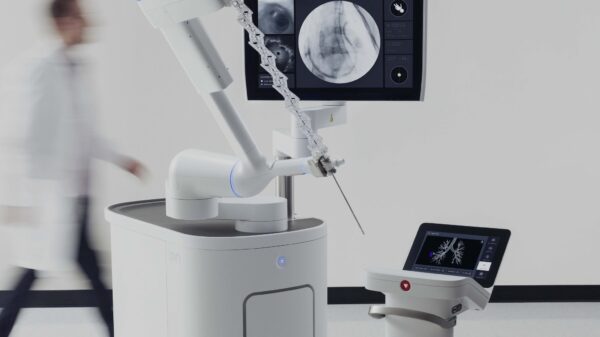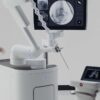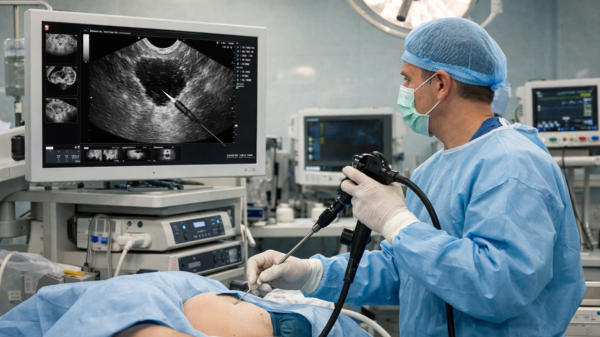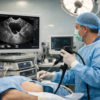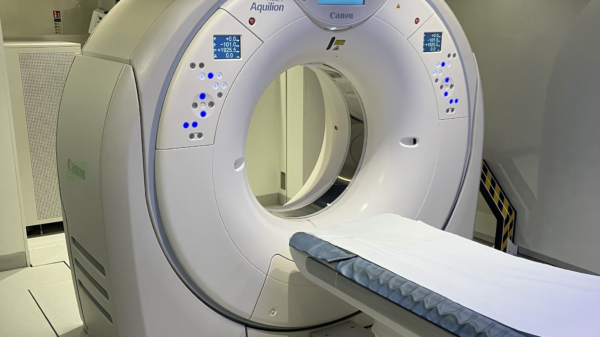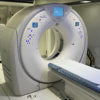Prince Edward Island will soon no longer be the only Canadian province without a lung cancer screening program.
Mark McLane, the local health minister, revealed last week that he has a two-year plan to phase one into the provincial healthcare system.
“We have a respirologist joining our system in late summer,” he said Friday, “so that skill set is very important to standing up that program.”
The province recently bought a computerized tomography (CT) scanner machine for detecting the disease. It will be utilized at Queen Elizabeth Hospital in the capital city of Charlottetown. There are only two on the island.
This year alone, lung cancer is expected to take the lives of about 110 PEI residents. The new screening program will be crucial for identifying cases earlier, when they are most easily treatable, thereby saving lives.
The Canadian Cancer Society has pointed out that the number of diagnoses in the province is significantly higher than the national average. The campaigning efforts of the organization’s advocacy manager, Heather Mulligan, appear to have finally paid off.
She recently met with the PEI Legislative Assembly to bring up the imperative need for this new initiative.
📢 a #lungcancer screening program is on the horizon for #PEI – an important step toward earlier detection and better outcomes for Islanders. @CCS_Advocacy has been encouraging the Island to join its sister provinces in providing this vital cancer screening tool /1 pic.twitter.com/OpMeAPz5PH
— Heather Mulligan (@h_mulligan) April 7, 2025
Read more: Breath Diagnostics onboards new president and closes critical financing
Read more: Breath Diagnostics pioneers novel lung cancer breath test
CT scanners are the gold standard, but they have significant flaws
These machines are the FDA-approved go-to, but they have a tendency to detect benign abnormalities and yield a high rate of false positives. A National Lung Cancer Screening Trial in the United States once found that 95 per cent of the positive results they provided were wrong. Additionally, those who undergo one of these scans receive more radiation than a chest X-ray.
This high level of inaccuracy leads to a large amount of unnecessary follow-up, labour and stress for patients. One can imagine the anxiety from receiving a false positive result. Nonetheless, these scanners still help save thousands of lives around the globe annually.
In recent years however, new technologies have been emerging that have the potential to make accurate lung cancer screening a less cumbersome and expensive process with zero or minimal radiation.
Breath testing machines developed by companies like Breath Diagnostics and Owlstone Medical have been attracting attention for their simplicity, low-cost, efficacy and non-invasive nature.
On the artificial intelligence front, software developers have been fine-tuning programs capable of accurately pinpointing potentially malignant nodules on chest X-ray scans in their earliest stages. India’s Qure.ai, Colorado-based Imidex and South Korean Lunit Inc (KOSDAQ: 328130) have been excelling in this regard.
rowan@mugglehead.com





